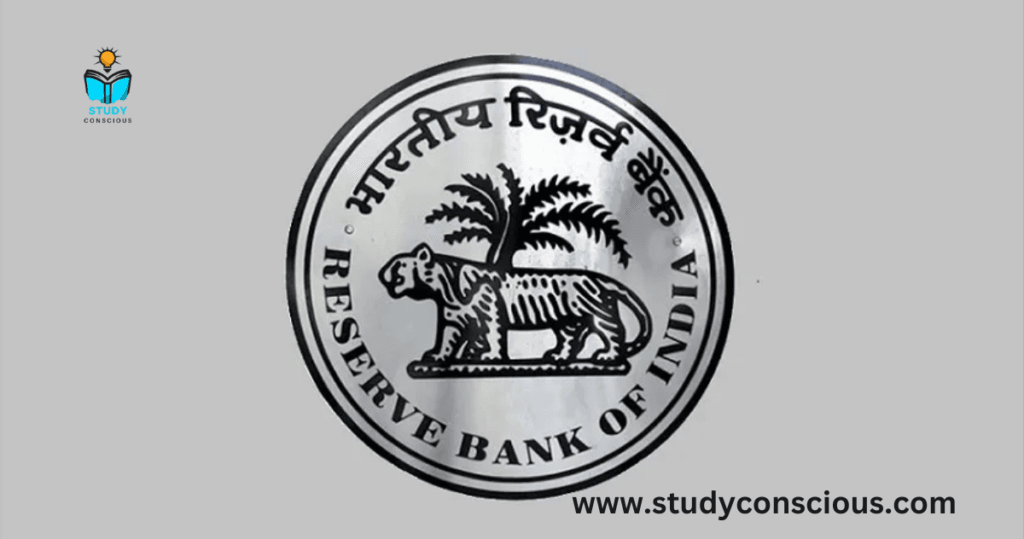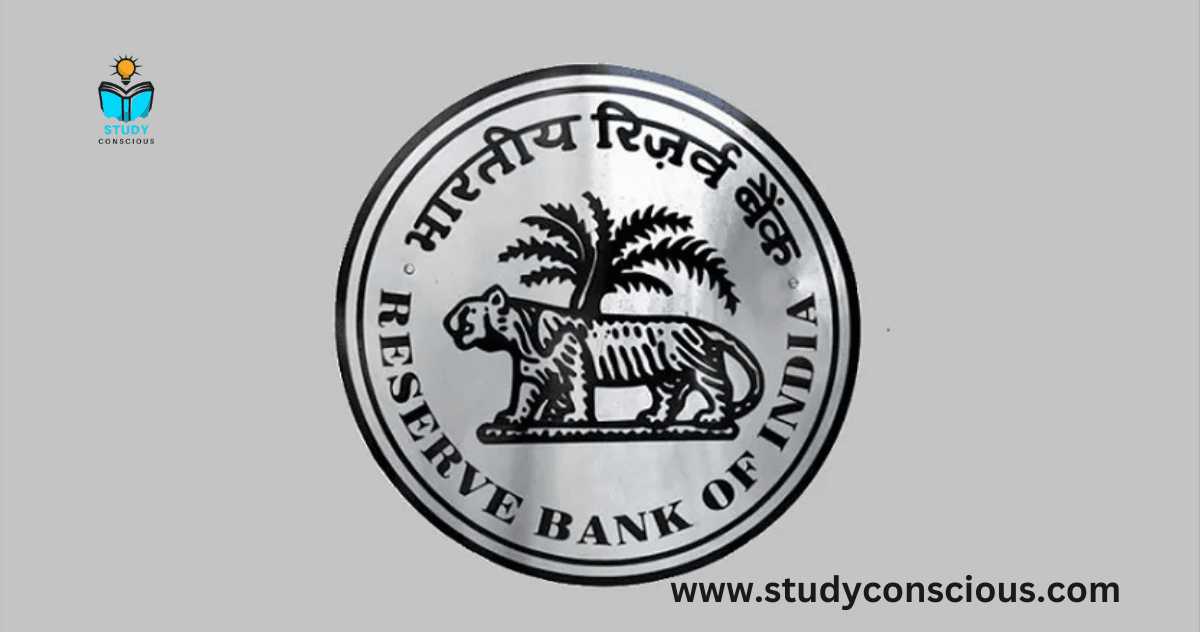RBI Imposes Penalties on Five Banks In a significant move to enforce regulatory compliance and discipline within the banking sector, the Reserve Bank of India (RBI) recently imposed monetary penalties on five banks, including the prominent public sector lender Punjab National Bank (PNB) and four cooperative banks across various states. This action reaffirms RBI’s unwavering stance on ensuring sound banking practices and strict adherence to its guidelines.
Let us delve deep into the background, nature of the violations, and implications of these penalties on the banks involved and the broader financial ecosystem.
Background: Why RBI Imposes Penalties on five different banks
The Reserve Bank of India, as the country’s central bank, has the critical responsibility of regulating the financial system and maintaining its integrity. To do so, it issues various guidelines and directions to ensure that banks operate in a transparent, ethical, and financially sound manner.
When banks deviate from these standards—knowingly or unknowingly—the RBI has the authority to impose monetary penalties. These penalties act as a deterrent to non-compliance and serve to protect depositors’ interests.
In July 2024, RBI exercised this authority and imposed penalties on five banks for regulatory lapses. These penalties were levied under the provisions of the Banking Regulation Act, 1949.
Punjab National Bank (PNB) – Penalty of ₹1.31 Crore
One of the most notable among the penalized institutions is Punjab National Bank (PNB), a major player in the Indian banking industry. The RBI imposed a penalty of ₹1.31 crore on PNB for non-compliance with specific regulatory provisions.
Nature of the Violation:
Upon inspection (Statutory Inspection for Supervisory Evaluation – ISE 2022), it was found that PNB had:
- Sanctioned working capital demand loans to two state government-owned corporations against receivables such as subsidies and refunds due from the government.
- This directly violated RBI’s directions under “Loans and Advances: Statutory and Other Restrictions.”
- Additionally, the bank failed to maintain records of customer identification and address verification in certain accounts—an explicit violation of the RBI’s KYC (Know Your Customer) norms.
Implications for PNB:
While ₹1.31 crore may not severely impact PNB’s financial health, the reputational damage is significant. As a public sector bank, PNB is expected to be a role model in compliance. This lapse raises questions about its internal audit, compliance, and governance mechanisms.
Penalties on Four Cooperative Banks
Besides PNB, RBI penalized four cooperative banks operating in different regions. These banks are critical players in regional banking, especially in rural and semi-urban areas. However, their compliance frameworks often lag behind their commercial counterparts.
1. Gujarat Rajya Karmachari Co-operative Bank, Gujarat
- This bank was penalized for lapses in regulatory compliance.
- Though exact figures of the penalty were not disclosed, the bank reportedly failed to maintain an effective internal system for detecting suspicious transactions.
- There were also shortcomings in customer verification and reporting mechanisms.
2. Rohika Central Co-operative Bank, Madhubani, Bihar
- The bank was found to be non-compliant with RBI norms related to loan issuance and recovery practices.
- It failed to ensure due diligence before extending credit and had inadequacies in risk classification and provisioning for bad loans.
3. National Co-operative Bank, Mumbai
- Based in a major metropolitan city, this bank was penalized for similar non-compliance issues related to loan portfolio management.
- It was noted that there were inadequate systems for monitoring end-use of funds and improper categorization of loan accounts.
4. Bank Employees’ Co-operative Bank, West Bengal
- This bank received a penalty due to lapses in maintaining KYC norms and deficiencies in anti-money laundering (AML) controls.
- Additionally, internal checks for reporting large cash transactions were either absent or not properly implemented.
RBI’s Clarification on Background: Why RBI Imposes Penalties on five different banks
In its official statements, RBI clarified that these penalties are based on deficiencies in regulatory compliance. The central bank did not question the validity of any transactions undertaken by the banks or the financial positions of their customers.
This distinction is crucial—it means the penalties are punitive in nature for failing to follow rules, and not because of fraud or financial mismanagement. However, it highlights serious gaps in compliance culture across these institutions.
Lessons for the Banking Sector
The RBI’s regulatory actions have once again emphasized the importance of robust internal controls and the need for a proactive compliance mechanism.
Here are key takeaways:
1. No Bank is Too Big or Too Small
Whether it is a public sector bank like PNB or a small cooperative bank in Bihar or Gujarat, RBI applies the same yardstick for compliance. This promotes equality, accountability, and standardization in the sector.
2. Importance of KYC and Due Diligence
A majority of the violations were related to KYC norms, customer identification, and loan due diligence. These are fundamental to banking operations and vital in preventing money laundering and financial fraud.
3. Role of Technology in Compliance
Banks—especially cooperative banks—need to invest in modern technology to track suspicious transactions, implement automated AML checks, and generate regulatory reports on time. Manual systems are outdated and prone to human error.
4. Reputational Risk is Real
Even a relatively minor penalty can have reputational consequences. Customers, investors, and regulators lose trust when a bank is found non-compliant. It also leads to increased scrutiny in future inspections.
RBI’s Broader Goal: Strengthening the Financial Ecosystem
By enforcing these penalties, the RBI is not merely punishing errant banks—it is working to strengthen the very foundation of India’s banking infrastructure. The central bank’s proactive supervision ensures that:
- Depositors’ interests are protected.
- Money laundering and fraud risks are minimized.
- Public confidence in the banking system is preserved.
Such actions also encourage banks to regularly audit their internal systems, stay updated with regulatory changes, and invest in employee training for compliance.
Conclusion : RBI Imposes Penalties on five different banks
The RBI’s decision to impose penalties on five banks—including Punjab National Bank and four cooperative banks—sends a strong signal across the industry. Compliance is not optional; it is an essential pillar of trustworthy and responsible banking.
Banks must treat RBI’s guidelines not as bureaucratic hurdles, but as necessary safeguards for their customers and their own long-term credibility. With the central bank keeping a watchful eye and acting decisively, the Indian banking system is poised to become more transparent, accountable, and resilient in the years ahead.












